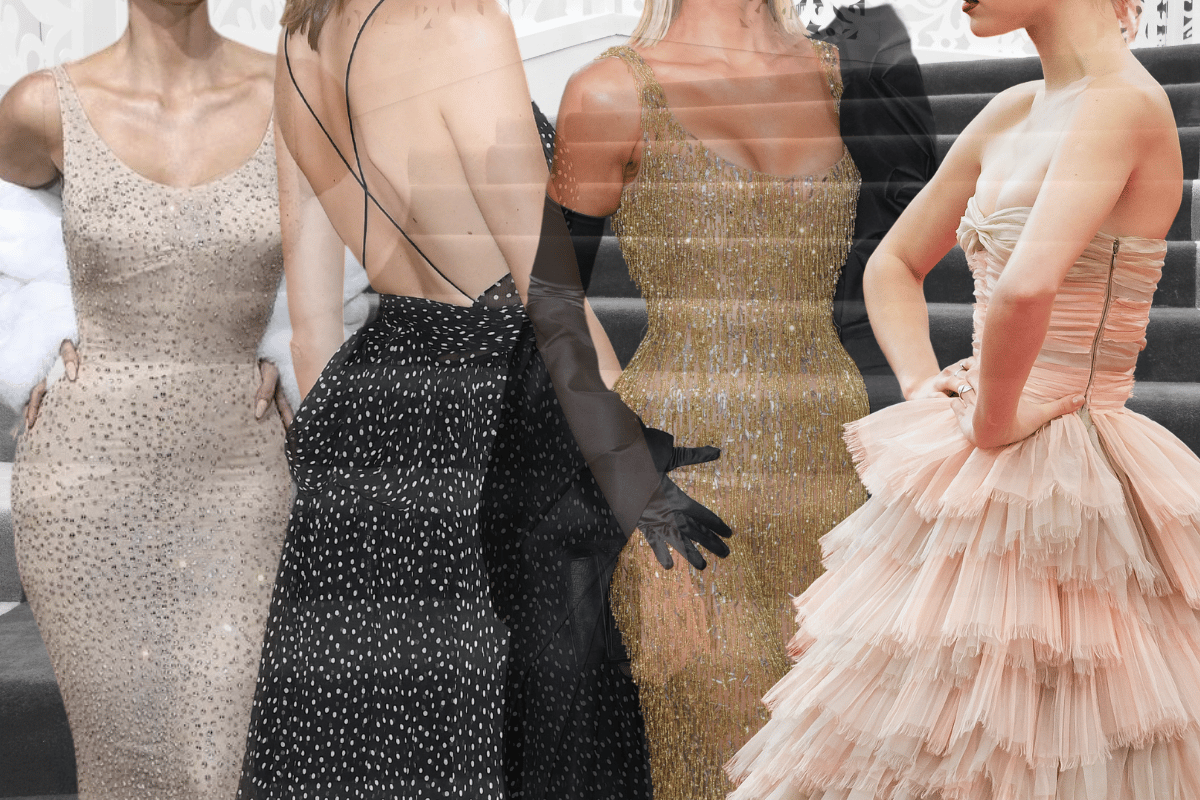
This article deals with disordered eating and could be triggering for some readers.
The Met Gala is almost upon us, an event teeming with celebrities and swanky society folk.
It's dubbed as "fashion's biggest night out", influencing the trends we will eventually see at the shopping centre and deciding which people will appear on catwalks and magazine covers for the year ahead.
But despite all the beautiful clothes, the pomp and the pageantry, I can't shake off the feelings of dread I have about next week's Met Gala.
Watch: body shapes are not trends. Post continues below.
Will it be just like the Oscars this year, where the word on everyone's lips was 'Ozempic'?
The cold hard truth is that it's likely the same culture will permeate the Met Gala — and trickle down to the masses.
Who could forget Jameela Jamil's sobering words during the last Oscars season?
"The images last. But the methods aren't sustainable, nor are they normally sustained, until the next awards season! Where again the images of ageless, weightless women are used as a tool of aspiration," she wrote.
"It is an industry pressure and a result of f**king TINY samples from designers that are straight off the runway from fashion month, that result in such a forced uniform thinness, and fear of wrinkles."